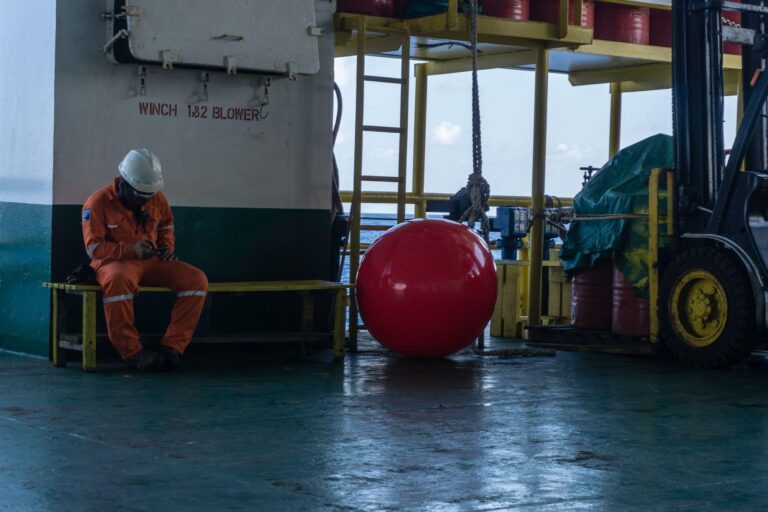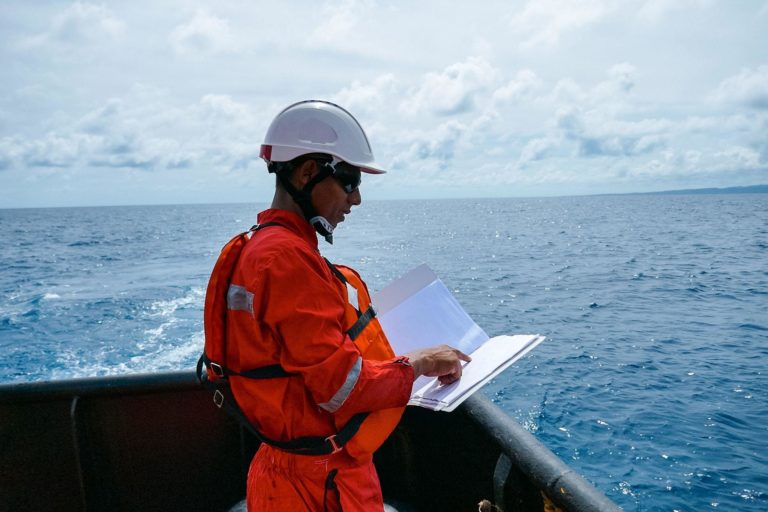When an employee is injured at work and receives medical care that is covered by workers’ compensation benefits or maintenance and cure, at some point they will have recovered as much as is medically possible. At this point, they are considered to have reached “maximum medical improvement” or MMI.
In some cases, the injured employee will never fully recover from the injury, but they have reached a plateau in treatment, and no further significant changes to their abilities are expected. They might be left with partial impairment or some degree of permanent disability. When an injured person reaches maximum medical improvement, their degree of impairment is assessed, and further compensation (if any) will be determined based on their impairment rating.
What Happens When Maximum Medical Improvement is Reached?
Many injured workers across industries will accept a settlement from their employer’s insurance company or file a lawsuit to receive compensation based on their reduced ability to work and other losses they sustained as the result of their injury. For maritime workers, however, the process will work differently.
Maritime workers are entitled to “maintenance and cure” under maritime law, which covers living expenses and costs of medical treatment until they are able to return to work. This legal obligation ends when the seaman reaches maximum medical improvement, sometimes referred to as maximum medical cure.
Even if that worker will never fully recover and is left with a permanent disability or medical condition, the responsibility of the ship owner and/or employer ends when MMI is reached.
Many workers injured in the maritime industry will need to engage a maritime attorney to help them file a lawsuit for any additional compensation, especially in cases where negligence was a factor in causing their injuries.
How Are Disability Ratings Determined?
A doctor will provide the disability rating and a list of capabilities and work restrictions when MMI is reached. It becomes very important to the injured worker which doctor makes this determination, and that all reasonable treatment options have been tried. For maritime workers especially, agreeing that you have reached MMI might mean no further benefits will be provided.
Often, the employer or their insurance company offers a settlement or ongoing payments based on reaching MMI. Signing an agreement will usually require that you forfeit any right to make additional claims for compensation. Those facing permanent impairment, chronic pain, or inability to work will usually benefit from speaking to a personal injury attorney before agreeing to MMI or a settlement package.
Delaying or Challenging an MMI or Disability Rating
If you disagree that you have reached maximum medical improvement or suspect you are not being offered the compensation you deserve after a work-related accident at sea, contact our team of Jones Act and Maritime Injury attorneys for a free case evaluation. With more than 25 years of individual experience and 145 years of trial experience, Maintenance and Cure has the answers you need about your specific case.

At Schechter, Shaffer, and Harris, we have been representing maritime workers for more than nine decades, and we have helped those killed or injured in service to a vessel receive the compensation they and their families need and deserve. Give us a call at 1-800-836-5830 today to discuss the details of your situation and explore your legal options.



